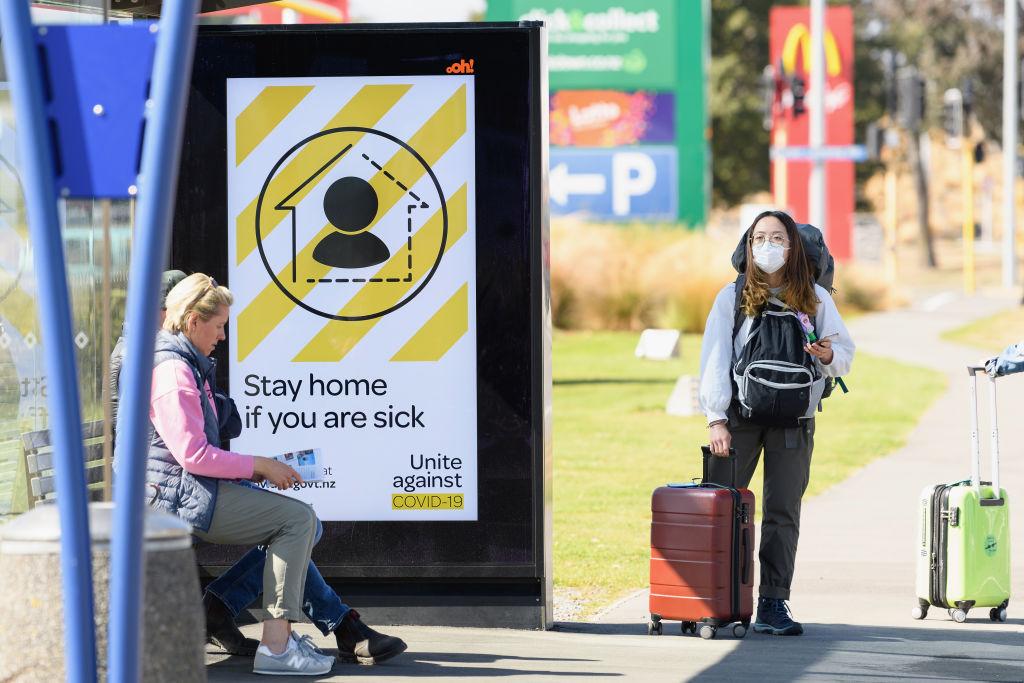
We will see many things that frighten us as we walk along the various threads of the coronavirus pandemic. But whether it’s about panic shopping, closed borders or social distancing, it will be the leadership or lack of leadership that will stick in our minds when we come out the other end. People in leadership roles usually inherit the system they’re leading and are often handed the situations they find themselves in. As this pandemic stretches our leaders, we’ll find out whether they can make the necessary adjustments to enable us to thrive rather than just survive.
The ability of leaders to shift their thinking and the thinking of those around them will be key to our successfully managing our personal and professional lives through the current crisis. To do that, these leaders, our leaders, will have to grasp the need for a change in thinking focused on actions that can create and achieve the best results.
Being inspired is important, but it must be more than simply inspiration, which often ends after the ‘feel-good period’. Instead, we will need to see transformation to successfully traverse this extreme situation. There may be no better quote than this: ‘Do not go where the path may lead; go instead where there is no path and leave a trail.’ We find ourselves with no clear path, but with an expectation that leaders will make one for all of us.
It’s clear that there’s panic—we all fear what we have seen elsewhere and what we are now experiencing in our own communities. However, that panic can be a short-lived if leaders can assuage the intense anxiety, while showing us that they are in control and are making decisions that will have a positive impact. We know that in battling this pandemic leaders will have to make decisions quickly and implement the steps required to try to stay ahead of the virus. We are better off overreacting and apologising than underreacting and being sorry.
We will quickly see that not all leaders are created equally. Some will innately take the role they have been given, and, as Churchill said, make this their finest hour. Others will prove they have no finest hour.
Prime Minister Erna Solberg of Norway took quick action following a dramatic increase in Covid-19 infections in the country. She ordered the closure of borders and schools and implemented a compulsory 14-day quarantine for international travelers. She also announced measures that will assist laid-off employees and affected businesses to access benefits and financial support quickly.
Solberg has addressed the challenges Norway is facing, and she has communicated carefully and thoughtfully with her constituents. She spent 30 minutes on air speaking to the children of Norway, explaining the challenges they face and the impact that the virus is having and will continue to have on them and their families. Although challenged in the beginning, Norway’s leadership exhibited an aggressive approach that responds to the problems the pandemic brings at multiple levels.
Singapore’s Prime Minister Lee Hsien Loong was out early, explaining to citizens what the government would do to help the country survive the pandemic, including rolling out economic, medical and resilience programs. He spoke about the early problems for South Korea and set out how Singapore would learn from those mistakes. His announcement of a $4 billion support and stabilisation package came early, providing stability to the country. Overall, Lee showed that he grasped the importance of early decision-making, focusing on a rapid response rather than waiting for news from other regions.
In 2015, South Korea experienced an outbreak of another novel coronavirus, Middle East respiratory syndrome or MERS, and was widely condemned for its response. The country’s leadership was heavily criticised for keeping details from the public and for being inadequately prepared and slow to take action. It was hoped that they had learned from their earlier experience; however, they quickly slipped into the same mistakes with Covid-19—keeping information from the public, downplaying the impact of the disease and refusing to recommend social isolation strategies.
To South Korea’s credit, though, there has been a reversal since the initial failures. Increased testing, tracing and tracking systems and isolation measures have been put in place, and South Korea is now in a much better position to combat the pandemic.
Whether we are seeing or will see a transformation in the leaders of other countries, including Australia, will likely be debated more in the coming months and years than right now. Putting appropriate measures in place to flatten the curve of infections, bringing forward economic aid for businesses and individuals and helping our society build resilience are all areas in which we will grade our leaders. Also important will be the ability to increase capacity and capability within the country and to work in parallel with other nations and learn from successes and failures.
The decisive approach needed will not always be popular, but leaders need the experience of others to build their own. Shared knowledge and merging of initiatives and approaches taken in different nations may facilitate global success. Each leader must not wait to follow others but must work in parallel with them. They must be open to information and insights from others’ experience but also clear-minded and confident enough in themselves to decide on the best approach for their own nation.
We expect those to whom we have entrusted our safety, security and even our future to make tough and perhaps unpopular decisions as if our lives depended on it—and so they may. We should expect that those in leadership roles are focused on our communities, both domestic and international, and on the people they serve. And we expect that they can be trusted to make the right decision for us.
Let’s hope that those who are leading us through this pandemic, more than ever before, will be able to say that this was their finest hour.